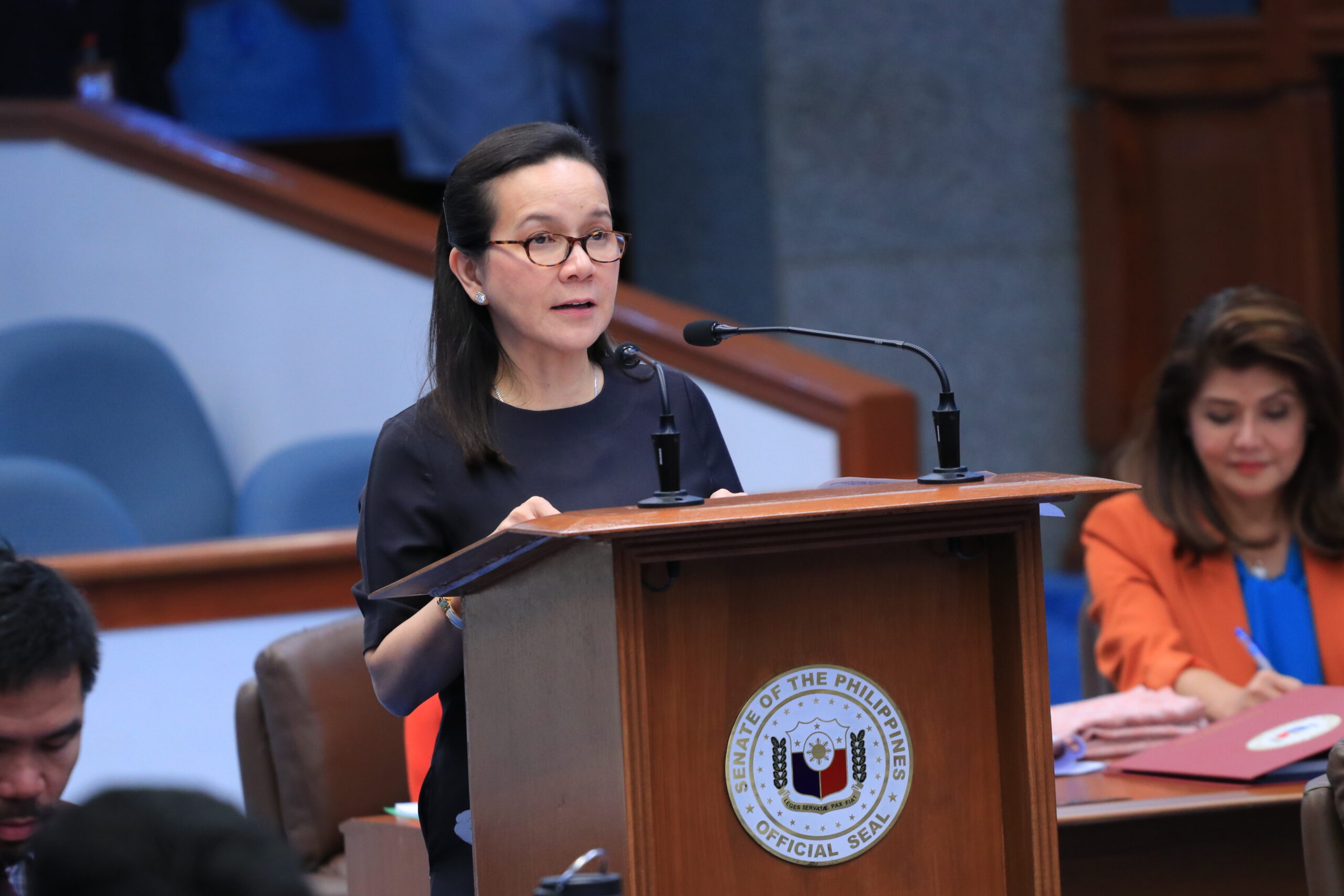Senate Committee on Public Services
Jan. 27, 2021
The first part of this hearing will focus on seven Senate bills that are proposing the mandatory registration of SIM cards in the Philippines. Their proponents are seeking their passage as a way to curb the proliferation of crime in the country.
Batay mismo sa 2019 National ICT Household Survey ng Department of Information and Communications Technology, “SMS fraud or text scams” ang pinakamaraming biktima. Out of 32,915 respondents all over the country, 6,840 individuals have been victimized by text scams by unregistered mobile numbers.
Kung susumahin, isa sa limang tao ang nabibiktima gamit ang SIM cards dito sa ating bansa. Ito marahil ang dahilan kung bakit 100 at 155 bansa sa buong mundo ang may SIM card registration laws.
The second part of today’s hearing will focus on Senate Bill No. 365 which removes the expiration period on the validity of prepaid load credits.
The bill wants to address the situation where the money used by mobile subscribers to purchase their prepaid credits are not being utilized in its entirety, to the detriment of the consuming public. In short: sa kasalukuyang set-up, nalulugi ang mga Pilipino.
Finally, the third part of this hearing will focus on Senate Bill No. 1880 which requires a roll-over data system for the subscribers of all internet service providers. The unused data allocation will not expire but will carry over to the succeeding months until the year’s end.
Despite being one of the slowest, a 2020 World Bank report found that telcos in the country are charging the fourth highest cost in ASEAN at around P315 per 500 megabytes of prepaid mobile connection – close to the internet cost in Singapore and Thailand where speeds are faster.
Ang bagal at ang mahal na nga ng internet, nag-eexpire pa. We heard of instances when the data allocation of many subscribers expire in just one or three days.
While we need to prioritize the consumers’ rights and welfare, this hearing must be fair and reasonable for all parties involved. Our guests and resource persons were invited precisely to accord them due process and to listen to their sentiments and thoughtful recommendations. If they will interpose any objections based on factual or scientific data, this is also the venue to present them.
